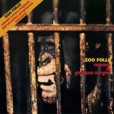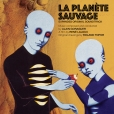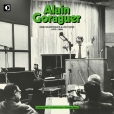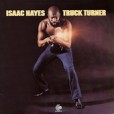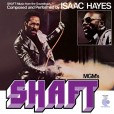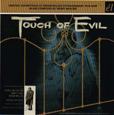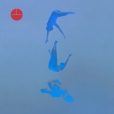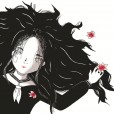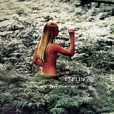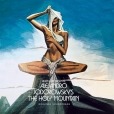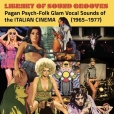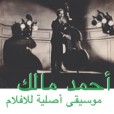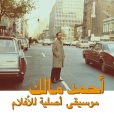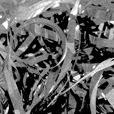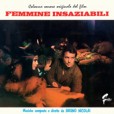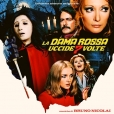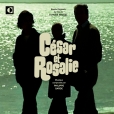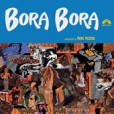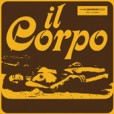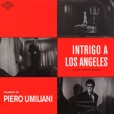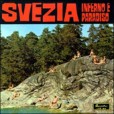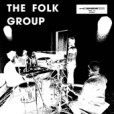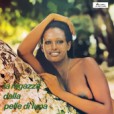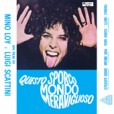Your basket is empty

The 1973 soundtrack for René Laloux’s philosophical tale of anticipation, where men are used as domestic toys by blue giants, the Draags.
The orchestral expansiveness recalls Goraguer’s sixties projects with Serge Gainsbourg, but teleported to a psychedelic spaceway of its own, mapped out in a series of vignettes — moody, baroque, wasted, hypnotic, out-there — with funky wah-wah guitars, flutes, Fender Rhodes, breaks-n-beats drumming, and haunting effects.
Demonstrably beloved by Dilla, Madlib, Air, and co.
A new deluxe edition, mixed from the recently discovered multi-track tapes, including seven previously unreleased tracks and three alternate mixes.
Henry Mancini’s fabulously evocative Latin-flavoured soundtrack to the classic Orson Welles film.
‘Sublime, ethereal minimalism: the first drawing together of Onogawa’s soundtrack compositions, plotting a decade of music for films by cult filmmaker Gakuryū Ishii.
‘Sequenced into an album by Onogawa himself, this retrospective spans a fertile period of collaboration with Ishii, through soundtracks for three remarkable films — August in the
Water (1995), Labyrinth of Dreams (1997), and Mirrored Mind (2005) — where the cinema is texturally and sensually imbued with the spiritual, ambient, dreamlike quality of Onogawa’s music.
‘The sound Onogawa conjures for these films is elegant and patient, often spare or essential in form, but saturated in a strange and otherworldly, poetic emotion and atmosphere. Boundaries are crossed between New Age and science fiction, passing through blissfulness, melancholy, and paranoia, towards enchantments of mood and colour.
‘It’s notable that the compositions on this album straddle the millennium, with a fitting mix of divine and uncertain themes. New listeners might hear links to Mark Snow’s work for the X-Files and Millennium, or the soundtracks of certain future-facing and future-fearing Japanese anime or cyberpunk.
‘Onogawa’s music adds great depth and tenor to the sensory experience of the films themselves, but it stands just as strongly as a listening experience on its own terms; a virtuosic example of Ambient that changes in hue when turned in the light. Remarkably, like Ishii’s films, Onogawa’s work has never been widely available outside of fervid underground fan posts, usually sourced from extremely limited and private CDs limited to Japan.
‘This retrospective seeks to remedy that, presenting Onogawa as one of the great composers of the last three decades.’
The legendary Library album by Sandro Brugnolini and Stefano Torossi, undercover in 1975 for contractual reasons.
Bad-ass headz vibes — madly sampledelic, super-funky, jazzy and widescreen — with the genies of Herbie, Barry White, Isaac Hayes and the Mizells, all in the mix.
Atmospheric, swinging Algerian soundtrack music from the 1970s, swirling together jazz, psych, funk and muzak, with tasty North African, Arab flavours. An eight-page full-size booklet contains rare photos, an interview with the artist from 1978, and a brief introduction to Algerian cinema.
Two sick techno killers, stalking the perimeters of noise; and generous excerpts from a soundtrack to Dreyer’s Vampyr, with Sun Ra in its marrow, alternately driving and motorik, off-the-wall, lost in space.
His soundtrack to Claude Sautet’s 1972 film, featuring Romy Schneider’s haunting voice-over of La Lettre De Rosalie. ‘Like a magical bridge between baroque and electronic music, mixing Moog synthesizer sequences with acoustic instruments.’
Moody Umiliani, with tasty Hammond and plenty of breaks. Set between Egypt and Ferrara, tackling racial integration in 1973, this is the second of Scattini’s films featuring Zeudi Araya. (That’s her singing on the spaced-out Cantata Per Miriam, over proto-Headz funk-drumming. Pretty great.)
Last of PU’s cheeky threesome of early-seventies soundtracks for the noirish erotica of Luigi Scattini, with lots of electric piano, wah wah and vocalese, drama, melancholia and sleaze, shot through with spaced-out jazz, true Umiliani style.
This soundtrack to Romano Ferrara’s 1964 spy movie is one of PU’s best and most celebrated. Featuring Nini Rosso, Chet Baker, Bill Gilmore, Marcello Boschi and many others. Excellent sound, from the original analogue masters, with lots of bonus material; in a beautiful sleeve, with a reproduction of the original movie poster on the inside gatefold.
Perhaps his best-known soundtrack, for Luigi Scattini in 1968.
